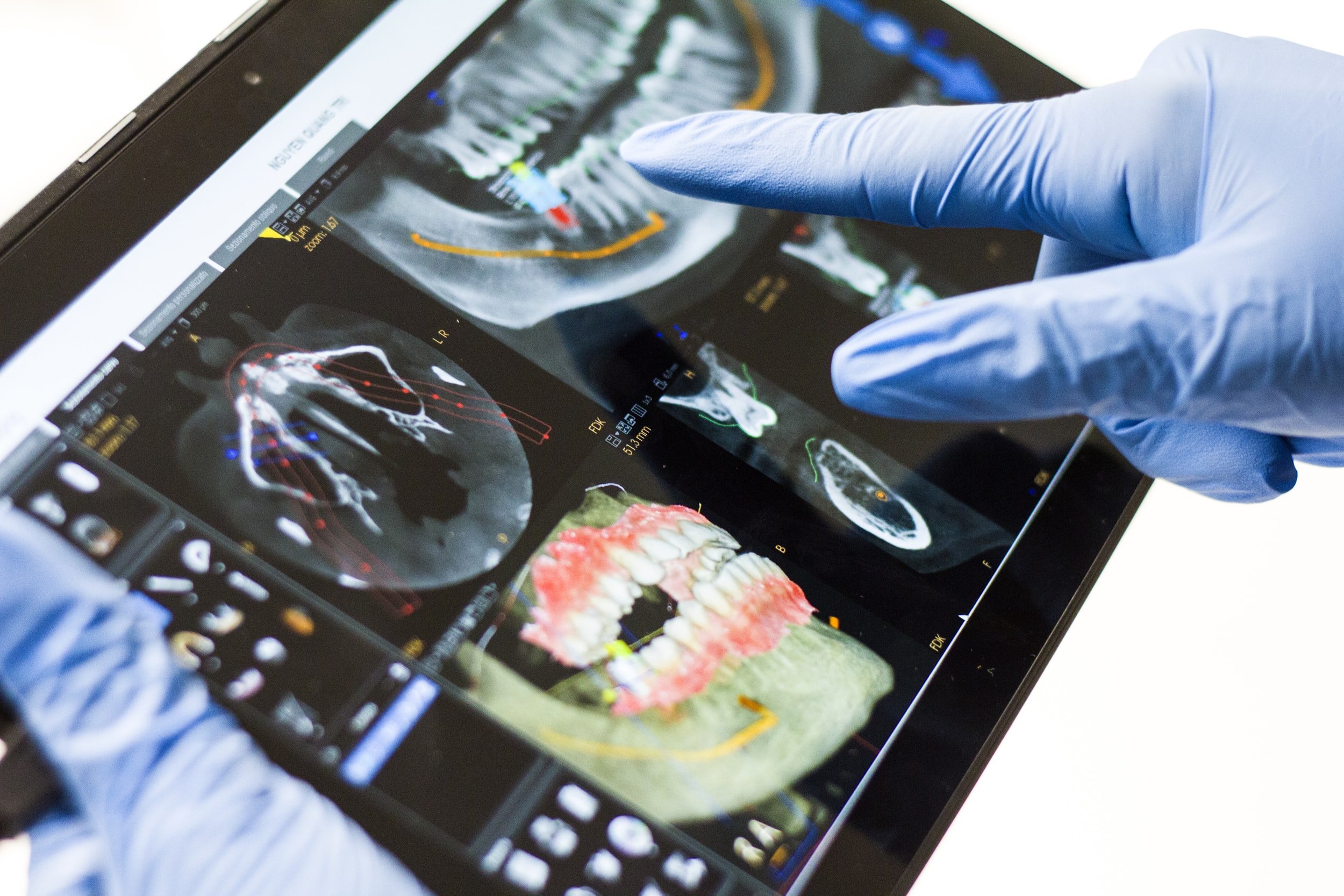
Can I Avoid Root Canals?
In the effort to provide the least amount of dentistry needed to our patients in Arizona, I am on a constant search for materials and technology which can reach this goal. As a Phoenix biological and holistic dentist, I often get asked, “Are root canals bad for you?” People are unclear if root canals are bad for you and if root canals kill the nerve in a tooth.
Healing Teeth To Avoid Root Canals
Are Root Canals Bad For You?
Biological Dentistry In Phoenix, Arizona
My natural dentistry practice in Phoenix, Arizona is dedicated to the wellness of our clients on a systemic level as well as an oral level. Finding holistic dental options is a challenge. Finding ways to remove toxic materials and unhealthy microbes from the mouth and teeth which then improves dental health is exciting. One of these recent inclusions into our patient care protocol is the use of bioactive filling materials, including medicaments to encourage the tooth to repair itself when assaulted by deep decay. I’m encouraged by the results we have achieved thus far.
What Is A Root Canal
Endodontic therapy is a proven way to salvage teeth where the live tissue has died and there is enough tooth to strengthen with a crown or cap. Do root canals kill the tooth nerve? Sometimes a root canal treatment does kill the tooth nerve. Root canal treatment, simply put, removes the necrotic (dead) tissue inside the once alive tooth, sterilizes the interior, and fills the cleaned space with filling material, sealing the interior of the tooth from the body and the bacterial-ladened mouth. When the nerve is severely inflamed by bacterial from deep cavities, a root canal removes the living portion of the tooth and does kill the nerve. This is only done when the tooth nerve is beyond healing and cannot repair itself. Severe pain and sensitivity to cold and hot can be indications the tooth cannot heal. I refer interested clients to an endodontist regularly as this is not a service I offer in my office. They return to have me place a ceramic or porcelain white crown to strengthen the tooth and seal out bacteria.
When faced with tooth pain and infection, I provide different options for every client, regardless of one’s individual stance on the safety of root canals. While I personally strive for a biological-based dentistry practice, I do not limit information for my clients nor do I decide for them what healthcare is best for them. I am amazed at the high dental intelligence of the patients who seek me out.

Root Canal Healing Technology and Materials
A new addition to our holistic dental practice in Phoenix, Arizona is a bioactive paste that has been shown to encourage the live tissue of a tooth to heal when a deep cavity is close to the tooth nerve. This bioceramic paste is not only highly biocompatible, but it also is osteogenic (build tooth structure) and is antibacterial.
The bioactive paste I prefer is comprised of Calcium silicates, Calcium phosphate monobasic, Calcium hydroxide, Zirconium oxide, Tantalum oxide and has shown excellent healing properties for teeth suffering from deep cavities. It is also free of aluminum. It is the same paste used by many endodontists.
Bacteria in cavities are the cause of infections in teeth requiring root canals. Ridding the tooth of the microbe-rich cavity by drilling out the cavity and sealing the tooth with a filling or a crown prevents this infection if removed before the tooth starts hurting. Research has shown that it is possible for a root canal to be avoided even if the decay has reached the nerve with this antibacterial paste when treated early.
A filling with a cavity that needs to be replaced. This small cavity wasn't hurting the patient at all.
The same tooth on the x-ray shows a deep cavity on the tooth with a small filling
Large cavity with bioactive pulp cap. Avoiding a root canal is possible if the cavity is removed early.
Science Behind Helping the Tooth Heal (Simply Put and Not All-Inclusive)
Bioceramic nerve healing paste is made of zirconia, bioactive glass, hydroxyapatite, and calcium phosphates. It is chemically stable, anti inflammatory and interacts gently with living tissue. Bioceramic dental paste has three benefits to the healing root canal prone teeth.
It is not reactive to tooth nerve tissue and is non-interactive with biologic systems, meaning it is not inflammatory to the live tooth nerve.
It is bioactive and is durable in tissues that face each other, such as the tooth structure against the nerve inside the tooth.
It is biodegradable, soluble, and resorbable. The tooth can eventually replace some of the paste with a new tooth structure.
This bioactive paste is antibacterial and anti inflammatory when first placed on the exposed nerve, killing surrounding bacteria. The paste is cytotoxic, meaning it kills the bad bacteria that can infect the tooth nerve, requiring a root canal. When set and sealed under a crown or filling, it is biocompatible and bioactive. It is shown to promote healing by reacting with the body’s molecules to form a new tooth structure.
Timing Is Of the Essence
When will these materials NOT help the tooth heal itself? When you wait to remove cavities until they hurt, the nerve is already severely damaged. When you have tooth pain, it is because the bacteria in the cavity has penetrated the nerve, often causing irreparable damage that only a root canal treatment can fix. It's like waiting until your car’s engine seizes and then trying to change the oil. The damage is done! Finally, if the tooth is infected, the tooth nerve has already died. There is no living tissue to heal.
It is frustrating for me as a biological dentist in Phoenix to have the capability to possibly avoid root canals for clients but have them delay removing the cavities until they hurt, limiting the ability of the tooth to heal itself.
If you know you have cavities and want to try and avoid root canal treatments, please call our office in Phoenix, Arizona, and see what we can do to improve the chances of removing cavities and healing your teeth with our bioactive and biocompatible materials.



